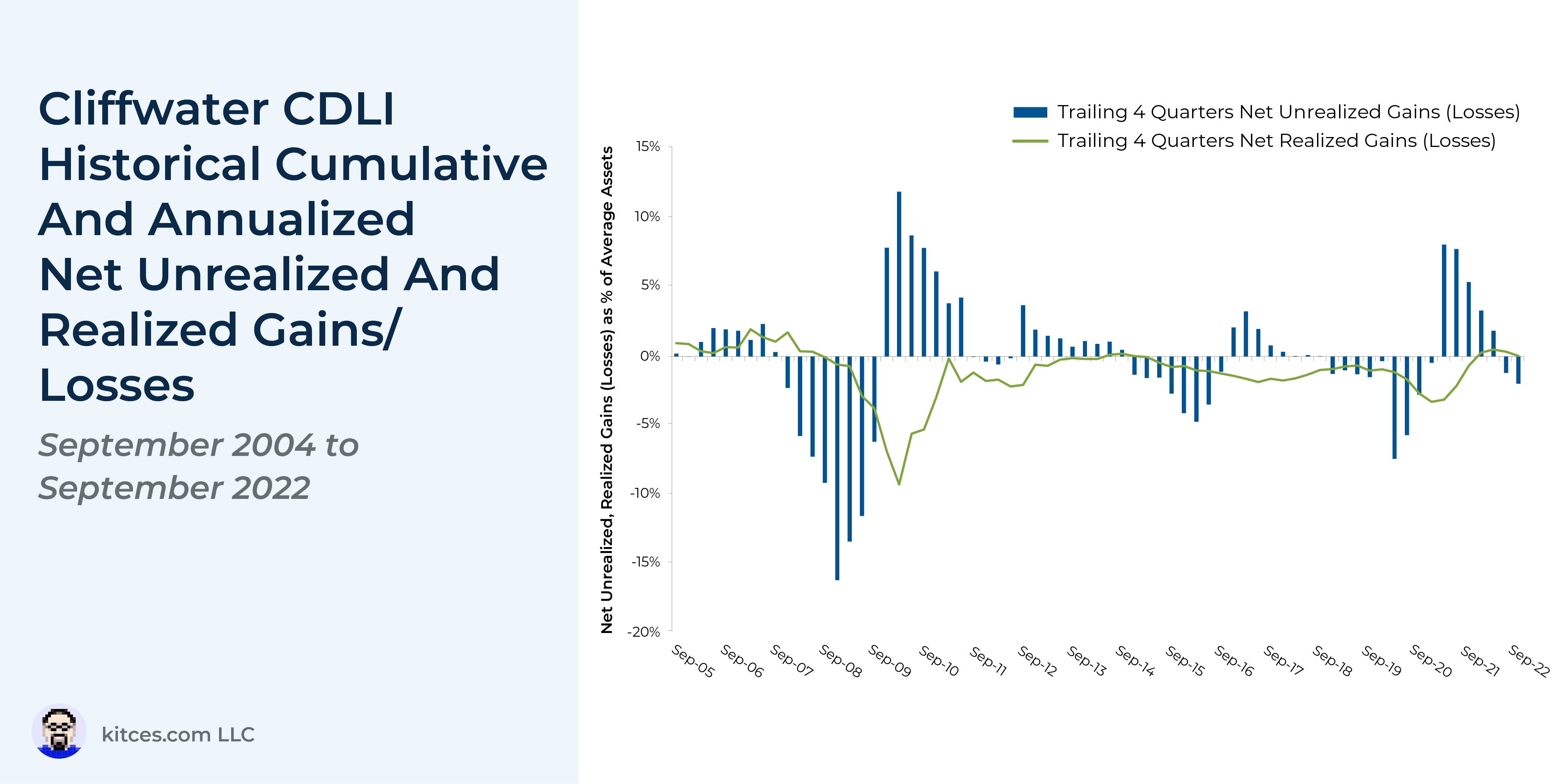[ad_1]
Many investors are familiar with private equity as an alternative asset class, which is popular with certain high-net-worth and institutional investors as a vehicle for diversification and a source of potentially higher risk-adjusted returns than what is available on the public market. However, less well-known is the related but distinct asset class of private debt, which, like private equity, focuses on opportunities outside of what is traded on the public market but deploys its capital in the form of credit rather than taking equity stakes in companies. And in the midst of a rough market for publicly traded debt, high-net-worth individuals (and their advisors) who might be seeking alternatives for the fixed-income portions of their portfolio may be curious about what private debt might have to offer.
While public market and private equity asset classes are much more thoroughly researched, research on private debt providing reliable data on returns, volatility, fees, and other characteristics has been relatively scarce. However, a recent paper by Pascal Böni and Sophie Manigart in the Financial Analysts Journal sheds new light on how private debt has performed over time and provides insight into what factors advisors and their clients should focus on when considering private debt for their portfolios.
One of the paper’s key takeaways is that although private debt as an asset class has delivered higher risk-adjusted returns compared to traditional fixed-income investments, there is a wide range of outcomes between individual private debt funds, with a relatively small cluster of top-performing funds delivering much of the asset class’s overall outperformance. And while the maxim “past performance does not indicate future results” holds true for traditional asset classes, the reverse has proven at least somewhat true for private debt: Among private debt funds and the General Partner who manages them, prior performance was a significant indicator of future performance, with funds having a good performance history being the most likely to outperform in the future. Funds with GPs who had no history of prior private debt fund management had some of the worst performance, suggesting that not only do past returns but also the skills and experience of General Partners have much to do with which private debt funds are likely to have the best returns.
For advisors, examining the management and culture of a private debt fund can be an important way to provide value to clients through a thorough due diligence process. This can include assessing the experience and performance history of the fund’s GP and how the fund has achieved its returns (e.g., by making concentrated bets or through a more diversified approach). And while the choice of a fund may be the most significant decision regarding private debt, advisors can add value in other ways as well, such as by incorporating private debt into a client’s existing asset allocation strategy, optimizing the asset location of a private debt fund, and analyzing the fund’s fee structure.
Ultimately, what’s most important is that clients have a solid understanding of the risks involved with investing in private debt versus remaining in the public markets. Namely, the illiquidity of private funds (which can keep clients’ funds locked up for 10 years or more) makes them most appropriate for clients with a long-term investing horizon and with other liquid funds for short-term and unexpected needs. Advisors who can help their clients navigate these important considerations, and keep the client’s focus on the long term, can be an invaluable aid in ensuring those clients can realize the potential advantages that private debt can make possible!
[ad_2]
Image and article originally from feeds.feedblitz.com. Read the original article here.

